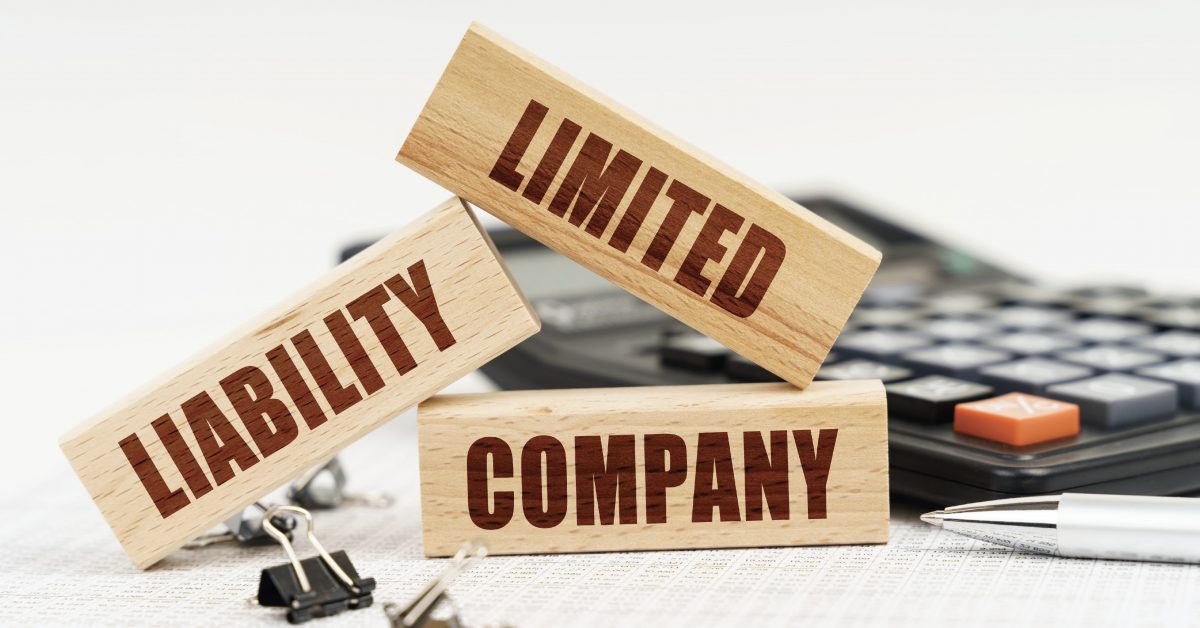Despite reaching a record high in 2022, employee engagement still isn’t very high. Around 77% of employees are still disengaged from their work, meaning there’s a good chance you fall into this group.
Enough is enough, and you’ve decided to start your own business. The idea of a limited liability company (LLC) sounds amazing, as your assets won’t be at risk should anything happen.
While you know what kind of company structure you want, you might not know how to get started. To make your life easier, we’re here with a straightforward LLC formation checklist. Read on for the necessary steps you need to take to get your company up and running.
LLC Formation Checklist
Our 12-point guide will take you through all the steps you need to set up your LLC.
1. Name Availability Check
You might already have a business name in mind, but that doesn’t necessarily mean you can use it.
Before officially registering your LLC, you need to make sure its name is legally available. You can do this by checking your state’s online databases, such as through your Secretary of State’s website.
In addition, you should do a trademark search. It’s not always required, but it’s still good practice. You can search the U.S. Patent and Trademark Office (USPTO) database to ensure the name doesn’t infringe on existing trademarks.
If the name’s available, you’re not in the clear just yet, either. Not only should it not be confusingly similar to the names of existing businesses in the same industry or geographical area, but you also need to follow your state’s naming requirements. In general, some words may be restricted or require special permission (such as “bank” and “lawyer”).
Lastly, consider the availability of a domain name. Plus, consider how the URL will look; ensure it doesn’t spell anything unfortunate.
2. Business Name Reservation
Once all of the above is set, then you should reserve your business name. This is another non-required step, but it can be beneficial, especially if you need more time to complete the entire registration process.
Some states will allow you to reserve a chosen name for a certain period by filling out a name reservation application. This will give you more time to gather all the necessary documents to form your LLC properly.
3. Choose a Registered Agent
Next on your LLC checklist is choosing a registered agent. This is a person or entity who can officially receive your company’s legal documents. They must have a physical address in the state where you form your LLC, and they must be available during regular business hours to receive said mail.
This step is mandatory, so you can’t opt out. And while you can choose yourself, a loved one, a partner, or an employee to be the registered agent, it’s highly recommended that you avoid doing so, as there are many drawbacks, such as lack of privacy.
Instead, have a professional third party fulfill this role, like Nobility Consulting. Our registered agent service is dependable and affordable. There will be less paperwork to deal with, and you can retain your privacy.
Use Nobility Consulting’s Service
4. Prepare and File Articles of Organization
The articles of organization are needed to officially establish your LLC. Other names for these papers include “certificate of formation” or “certificate of organization”; the actual name will depend on which state you’re in.
In the paperwork, you should include:
- The name and address of your LLC
- The purpose or nature of your business
- The name and address of your registered agent
- Management structure (member-managed vs. manager-managed)
- Duration of your LLC (if it’s not perpetual)
- Any additional provisions deemed necessary
In most cases, you’ll file your articles of organization with the Secretary of State’s office or a similar business registration agency. Typically, you’ll have to pay filing fees.
5. Prepare an Operating Agreement
An operating agreement isn’t always required for LLC formation but will help immensely should you have legal troubles in the future. This is because the document outlines the internal workings of the LLC, which will help the court make fair rulings.
Key information that should go in your operating agreement include:
- Members and their roles
- Management structure
- Voting rights
- Profit distribution
6. Obtain an Employer Identification Number (EIN)
In most situations, you’ll need an EIN for your LLC. Generally speaking, if you’re running a business without any employees, you don’t have to apply for one. However, if your LLC is classified as a disregarded entity, you must fill out an application. Your EIN will be used for tax purposes and opening a business bank account.
You’ll have to download and fill out Form SS-4 from the IRS’s website. You won’t pay any fees for this; this is a free service provided by the IRS.
7. Research Business Licenses and Permits
It’s your responsibility to research any applicable business licenses and permits you need to get. The exact actions you’ll have to take will depend on where you’re located and what industry you’re in. For example, if you’re selling baked goods out of your home’s kitchen, you’ll still need a food license.
Don’t forget that licenses and permits don’t only apply to the local level. Ensure that you’re compliant on state and federal levels too.
8. Open a Business Bank Account
Though not technically required, it’s best to open a business bank account after receiving your EIN. Not only will it keep your finances separate and make tax returns easier to navigate, but it’ll also raise your chances of receiving loans in the future. Some banks won’t lend you money for business purposes unless you have this account.
On that note, understand and comply with state tax obligations. This includes sales tax, income tax, and other applicable taxes.
9. Get Insurance
Consider obtaining appropriate insurance coverage; one misfortune can ruin all your hard work. General and professional liability policies are great places to start.
Of course, other optimal plans will depend on the nature of your business. Consult with an insurance agent to determine what works best for your situation.
10. Have Thorough Record Keeping
Your company’s records can make or break situations, so ensure your files aren’t a huge mess.
You should establish a system for keeping accurate and organized records from the start. They should include:
- Financial statements
- Contracts
- Meeting minutes
11. File for Foreign Qualification if Applicable
Some entrepreneurs may choose to operate in a state other than the one where their LLC was formed. If this is the case for you, you’ll have to take another step: filing for foreign qualification.
Check the specific foreign qualification requirements of the state in which you plan to do business. Each state has its own process, fees, and forms, so you may want outside legal assistance. You may need to appoint a registered agent in the new state, as they’ll receive legal documents on your behalf.
In addition, some states may require you to have a certificate of good standing from the original state where your LLC was formed. It verifies that your business is in good standing and compliant with the home state’s regulations.
12. Register a Trademark if Applicable
If you want additional protection for your LLC, then this LLC startup checklist suggests that you register your business name and/or logo as a trademark.
To do this, you’ll need to identify the classes relevant to your business. Then, a trademark application should be filed with the relevant intellectual property office, such as the USPTO. You’ll need to include details about your mark, its use, and the classes identified above.
While your application is being reviewed, the trademark office may ask you to respond or provide additional information. If they approve it, then your trademark is published for opposition. If no one opposes, or the oppositions are resolved in your favor, then your trademark will be registered.
Use This LLC Formation Checklist to Ensure Business Success
With this LLC formation checklist, you’ll have a much easier time setting up your company. You’ll know what to do from start to finish, and it’ll be less stressful. As a result, you can focus on the more positive emotions regarding such an exciting venture.
Do note that specific requirements may vary by jurisdiction. This means you should consult with legal and business professionals in your area or where you plan to open your business.
This list may sound tricky – if you want help with LLC formation services, sign up with Nobility Consulting and let us do the hard work for you.
America Mortgages has partnered with Nobility Consulting, a leading LLC provider, to offer seamless LLC formation services for our clients. This partnership ensures that setting up an LLC is straightforward and efficient. Click here to get in touch Nobility Consulting and take advantage of their expertise.
They are the best LLC Registered Agent service in all 50 U.S. states. They are the only user-friendly platform offering online company formation, virtual mailbox, and registered agent service.



